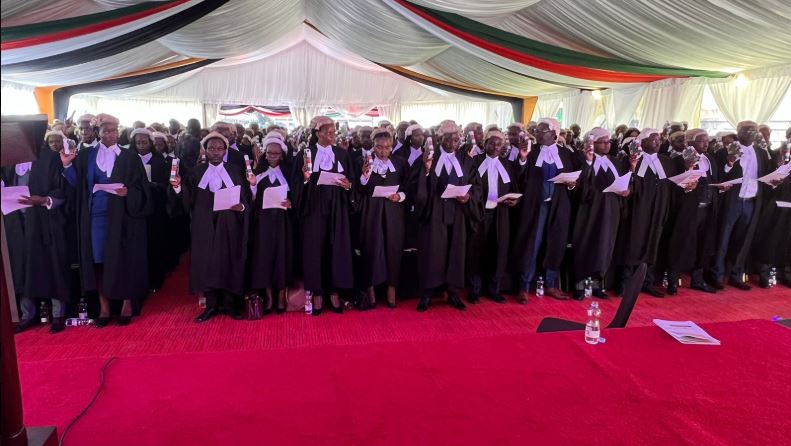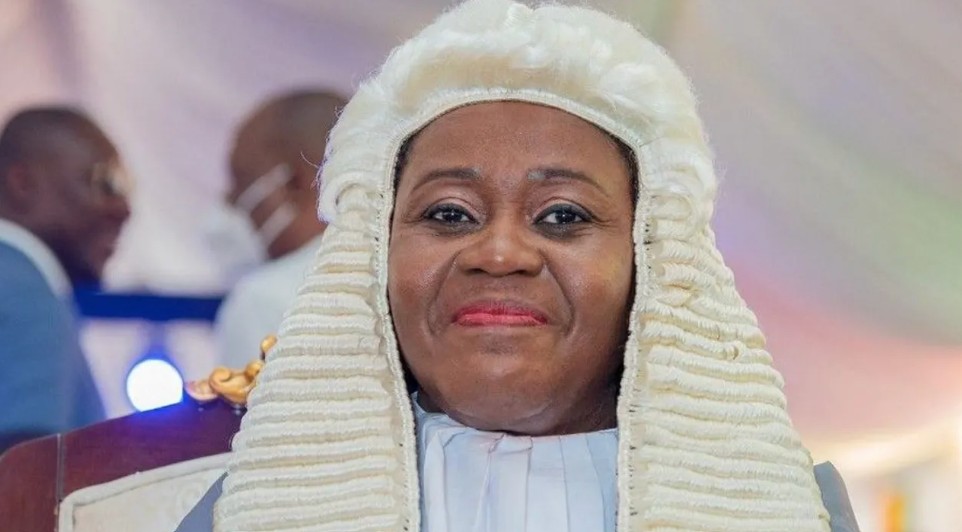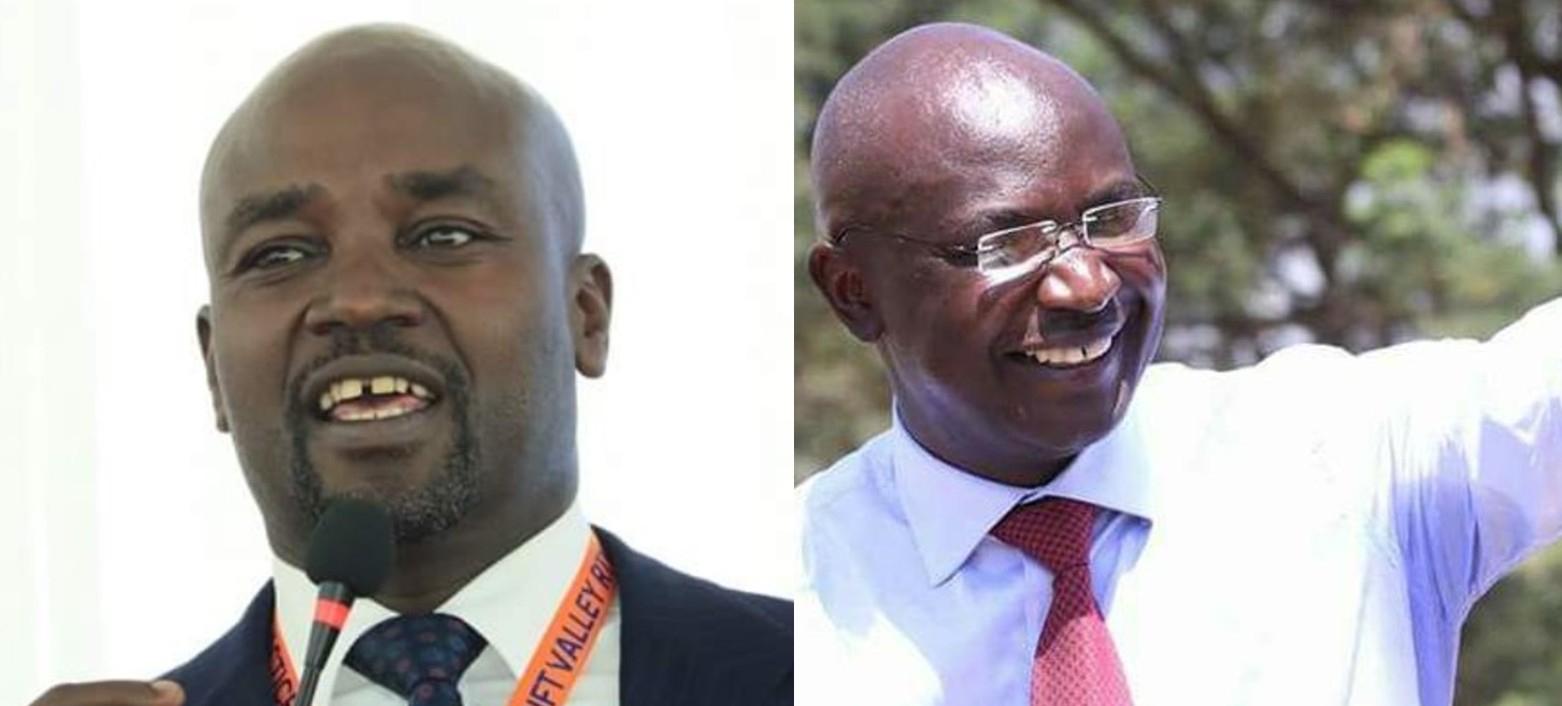Public service advocates to get special allowances from July 1 after court ruling

The commission on giving directions to all the public bodies, said the allowances apply to legal officers who hold an LL.B and post-graduate diploma from the Kenya School of Law, and are advocates of the High Court in good standing.
A Nairobi Court has affirmed the Public Service Commission's (PSC) authority to start paying non-practice and prosecutorial or special legal allowances to eligible advocates of the High Court working in the public service, effective July 1.
The move follows a decision by a three-judge bench that affirmed the Employment and Labour Relations Court decision allowing PSC's authority to set terms and conditions for public officers and mandating uniform implementation across all public institutions.
More To Read
- High Court upholds appointment of PSC vice chair Mary Kimonye, three commissioners
- 20 candidates to be interviewed for political parties registrar roles
- PSC initiates review to enhance public service delivery, fight corruption
- We have not reviewed hardship allowances for teachers - TSC
- TSC still using 1997 rules to pay hardship allowance, MPs demand urgent review
- SHA announces 65 job vacancies as 225 former NHIF staff remain in limbo
The commission on giving directions to all the public bodies said the allowances apply to legal officers who hold an LL.B and post-graduate diploma from the Kenya School of Law, and are advocates of the High Court in good standing, among others.
"The eligible officers must perform duties such as court representation, legal advisory, contract reviews, compliance oversight, and legislative drafting," PSC states.
Allowance rates range from Sh15,000 to Sh55,000, based on job group, with higher-tier officers receiving more. For example, officers in CSG 5 and above will earn Sh40,000 (non-practice) and Sh55,000 (prosecutorial/special legal) allowances monthly.
The PSC stressed the need for public bodies to fully utilise in-house legal teams and reduce reliance on costly external counsel.
The circular excludes State officers, county employees, and those under the Parliamentary, Judicial, Teachers, and Police service commissions.
This directive supersedes prior circulars issued in 2010 and 2012 on the same matter.
Top Stories Today













































